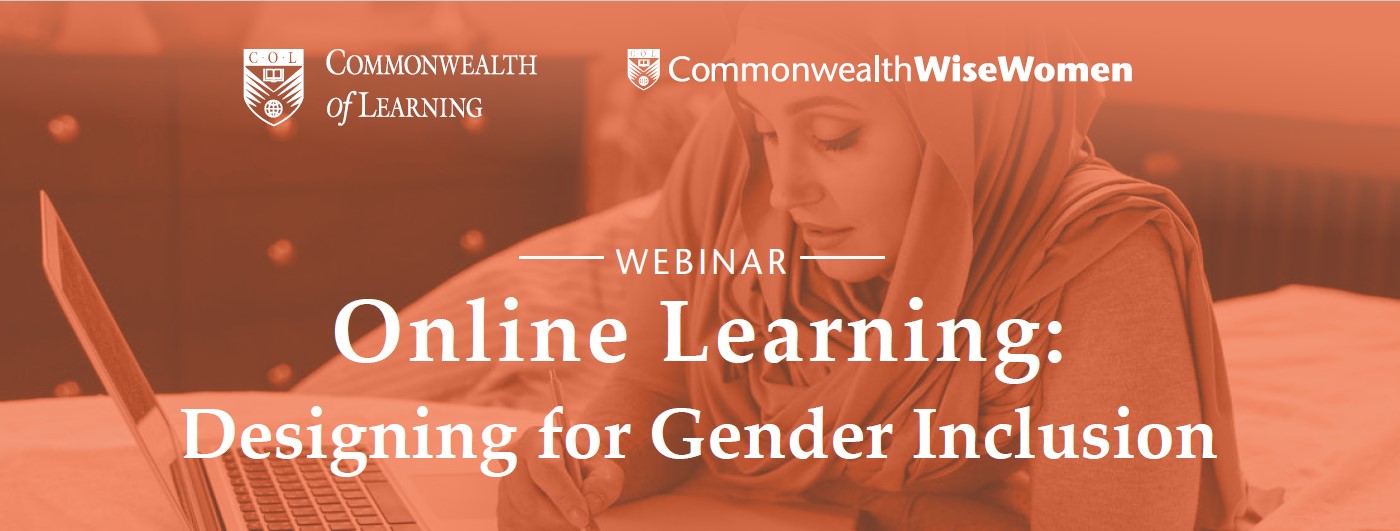

The current pandemic has seen a rise in the use of learning management systems and social media platforms as tools for learning. Women have generally been regarded as early adopters of technologies, including social media.1 Whereas some studies have concluded that gender is irrelevant in online learning as the systems are non-gendered, others suggest that there is increasing marginalisation and lack of inclusiveness in the design of online learning spaces and other technology-based educational tools.
A recent report indicated that one in five girls had left or significantly reduced use of a social
media platform after being harassed. 2 Outside of these platforms, female online students
face a myriad of challenges including multiple household responsibilities, being a parent
and income provider.
Inclusive technology designs are necessary to cater to all people, including women and girls. Learning platforms need to be equally accessible and usable, to ensure that all users can accomplish their goals irrespective of their gender. You are invited to join the discussion on the contemporary concerns in gender and online learning, and gender inclusive design as a priority for empowerment of women and girls.
1. Stumpf et al (2020), “Gender-Inclusive HCI Research and Design: A Conceptual Review”, Foundations and Trends® in Human–Computer Interaction: http://dx.doi.org/10.1561/1100000056
2. Plan International (2020) Free to be Online? Girls and young women’s experiences of online harassment. Retrieved at: https://www.planinternational.nl/uploaded/2020/09/SOTWGR2020-CommsReport-EN.pdf?x10967
Moderator
Dr Betty Ogange
Education Specialist: Teacher Education
Panelists

Professor Anicia Peters is the Pro Vice-Chancellor for Research, Innovation and Development at the University of Namibia. She is a Namibian computer scientist specializing in human-computer interaction (HCI). She has published many papers in various areas including gender in digital technologies, social media research and gamification. She is one of 10 African Women Role Models in Technology. She also recently won the Google AI Award for Inclusion Research.

Dr Christine Niyizamwiyitira is the Head of Department of ICT in Education at the Rwanda Basic Education Board. Christine is directly responsible for nationwide government initiatives to provide e-learning platforms, digital content as well as other technology tools to support curriculum implementation at K12 school levels. She envisages a world where girls and women have equal chances of accessing and benefiting from learning opportunities presented by technology.

Dr Karen Nyangara is the Director of the Institute of Gender Studies at Maseno University, Kenya. In this role, she supports gender mainstreaming at all levels to ensure a positive curriculum experience among learners at the University. Her expertise in this area has seen her support the establishment of gender mainstreaming units in various higher education institutions in Africa. She is passionate about using technology to create a more equitable, just and inclusive society.